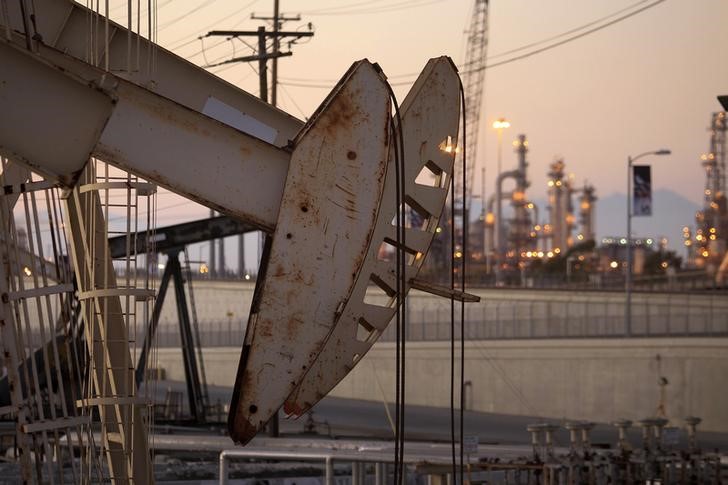US oil and gas M&A hits quarterly record after blockbuster 2023
U.S. oil and gas deals hit a record $51 billion in the first quarter, a continuation of last year's fierce merger pace centered in the top U.S. shale field, data provider Enverus said

U.S. oil and gas deals hit a record $51 billion in the first quarter, a continuation of last year's fierce merger pace centered in the top U.S. shale field, data provider Enverus said.
Energy companies have rushed to expand oil and gas drilling inventories, especially in the Permian Basin of West Texas and New Mexico, where producer break-even costs are about $64 a barrel. Oil prices averaged about $77 a barrel last quarter and this week traded near $83 per barrel.
Most of the high-quality U.S. drilling prospects are in the Permian "so it is unsurprising the prolific basin was yet again the primary driver for M&A within oil and gas," said Andrew Dittmar, Enverus Intelligence Research's principal analyst.
The biggest proposed acquisition last quarter was Diamondback Energy's $26 billion bid for closely held Endeavor Energy Partners, a merger that brings together two Permian-centric drillers.
Apache Corp parent APA's $4.5 billion deal for Permian oil rival Callon Petroleum, and natural gas Chesapeake Energy's April $7.4 billion deal for Southwestern Energy rounded out the period's most valuable deals.
The Chesapeake acquisition and last year's blockbuster deals by Exxon Mobil and Chevron remain stalled by antitrust reviews in part because they concentrate holdings in the Permian or Haynesville shale fields, said Dittmar.
"The most likely outcome is all these deals get approved, but federal regulatory oversight may pose a headwind to additional consolidation within a single play," he added.
The number of deals rose to 27 last quarter, compared with 20 in the same period a year ago, and 60% of first quarter transactions by value were in the Permian, Enversus calculates.
That high pace is unlikely to persist, Dittmar said, with strong oil prices allowing more companies to justify holding onto non-core drilling assets rather than discard them as they once did.
"Inventory scarcity is the top theme among E&Ps (exploration and production companies)," he said.